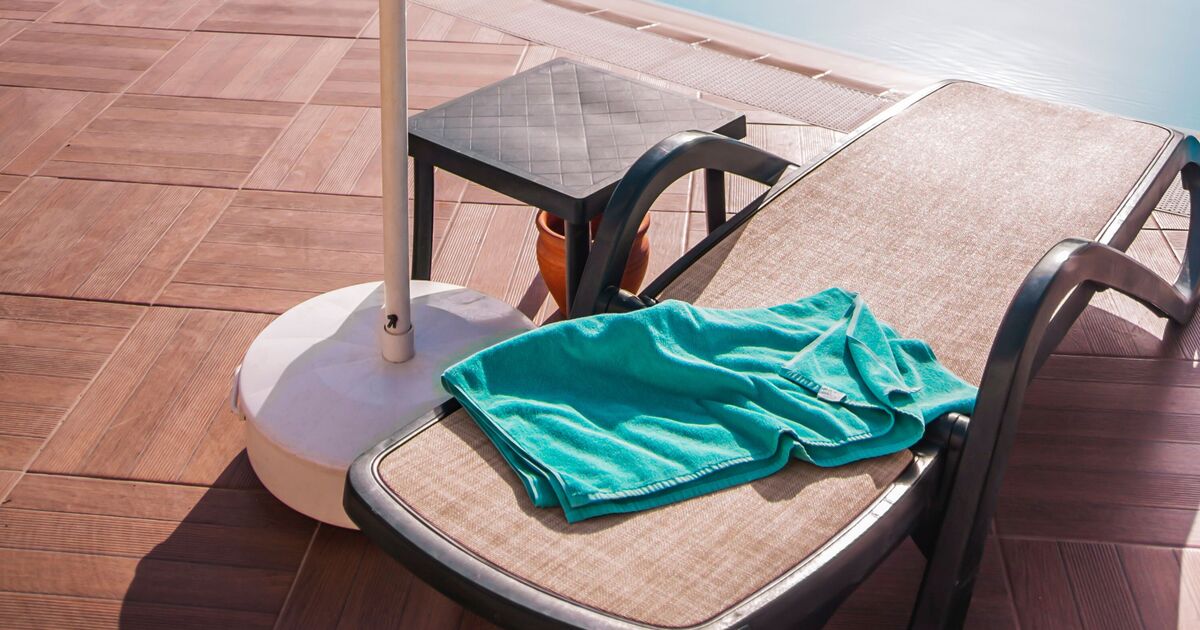
Lawns won't be patchy or yellow if gardeners use an easy watering tip
Published: 2025-07-07 13:13:47 | Views: 7
Many gardeners are well-versed in dealing with sun-bleached lawns during summer, but fewer realise that animal urine can also cause conspicuous yellow or brown patches. Soil experts advise that the high nitrogen content in urine burns the grass, leaving a sunken patch of dead lawn. But this issue often goes unnoticed because of the initial burst of fertility in grass from diluted nitrogen.
Bare patches soon become clear, often with a circle of lush grass growth around them. Those with pets may know exactly who the culprit is for discolouration on garden grass, but it's not just pets that can cause this common problem. Wildlife, including visiting foxes and badgers, can all cause lawn discolouration, especially in suburban gardens.
The good new is it's an easy problem to solve whether you are a pet-owner or not.
David Wilson Homes has teamed up with gardening expert Lucie Bradley to share top tips from their newly published seasonal garden guide.
Lucy said: "Cat and dog urine can kill grass due to the high nitrogen content, which can act as a fertiliser in small amounts, but can burn when concentrated. This can create dead patches on the lawn.
"As soon as your pet urinates, flush the spot with a generous amount of water using a watering can or hose."
Watering the affected area will dilute the nitrogen concentration in that spot and is unlikely to kill it completely.
Gardeners World suggests that adding horticultural lime or powdered gypsum to the water will neutralise the acid, and their high alkalinity restores the pH level.
Pet owners can try and prevent the problem by encouraging dogs to urinate in a designated area of the garden.
Low fences, plant barriers or even motion-activated sprinklers can discourage animals from using your lawn as a toilet if you suspect wildlife is to blame.
How to fix a patchy lawn in summer
While this problem can occur at any time of the year, parched grass is more vulnerable to urine damage.
In drought conditions, established lawns can typically tolerate going dormant and turning brown, and will recover with the return of rain.
The Royal Horticultural Society notes that if you choose to water, it's better to water deeply, but less frequently, like once a week with a good soaking, rather than frequent light watering.
Consider using stored rainwater or grey water instead of mains water for new lawns, notes the RHS.
Well-watered lawns are less likely to absorb nitrogen and salts so your lawn should stay greener for longer.
Source link







